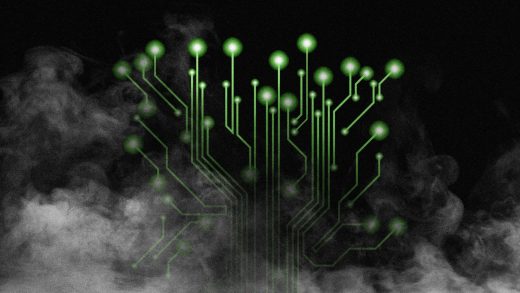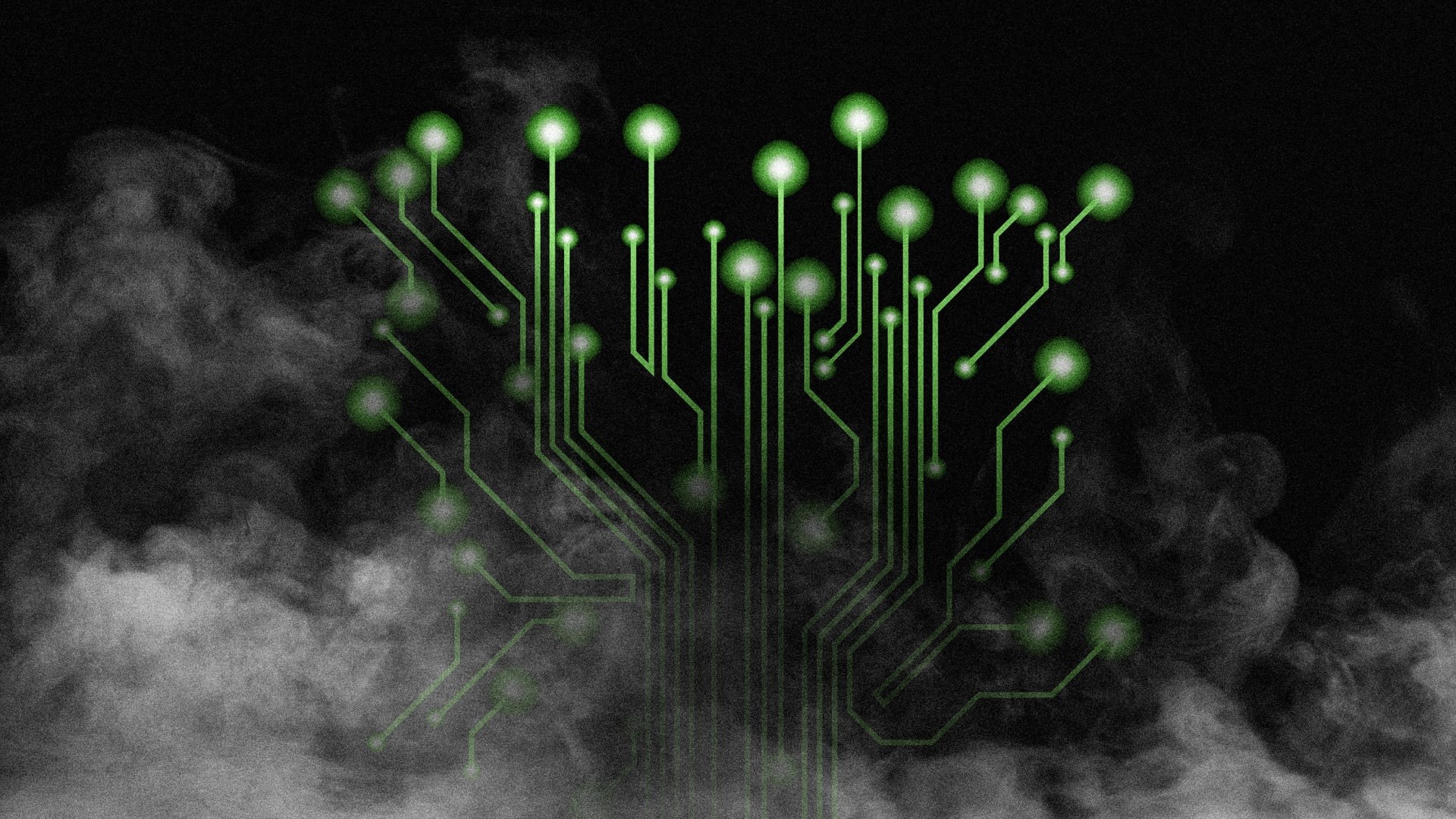I’m a venture capitalist, and these are the 3 AI myths that everyone needs to stop believing
I’m a venture capitalist, and these are the 3 AI myths that everyone needs to stop believing
And why we need to be optimistic rather than pessimistic.
BY Adam Niewinski
Everyone is worried about AI. And as much as there is an appetite for AI stories and use cases, many are anxious about the impact it will have on their futures.
But we fear what we don’t understand, and as a long-time investor and venture capitalist who’s spent night and day understanding the nuances of AI for years, I’m hoping to debunk a few myths and misconceptions.
Below are three common myths about AI that you’ll probably hear.
Myth 1: AI will replace our jobs
We’ve seen the powers of AI and Generative AI. in fact, you’re probably benefitting from them now in more ways than you realize. You’ve heard it countless times: “AI will lead to mass unemployment,” “AI will put your industry out of business.” “Time to start training for a new career.”
The reality is, AI is more likely to augment our work than replace it entirely. AI will be at its best handling repetitive tasks, which allows us humans to harness our focus on doing meaningful work that actually adds value and achieves better outcomes for the world.
I like to look at history when thinking about the future. Turns out, this same level of societal fear happened at the start of the Industrial Revolution. People were publishing similar sentiments about machines and how they will kill jobs. But humans are quite good at adapting. Yes, some jobs did become obsolete as a result of the Revolution, but new jobs and industries emerged as a result. The key is to think about long-term transformation over short-term elimination.
Myth 2: AI is infallible
One of the key reasons why we’re fixated on the AI will take over the world narrative is because we’ve seen all that AI can offer. It can write our emails, predict our behaviors, and it’s getting stronger and better at it every day. Because people think AI is infallible, businesses think AI is infallible. But you have to remember that ultimately, businesses are just a bunch of people.
For one, we overestimate AI’s accuracy and decision-making abilities. AI systems can be biased and make errors, making human oversight and constant updates necessary. It’s still a Wild West industry, and we need to continue to apply the same level of scrutiny and supervision to AI as we do any other tool.
New roles will continue to emerge. AI Ethics Officers, AI Trainers, AI Supervisors, and the like will soon become commonplace titles in the private sector. There will be some hard skills required for these roles—data science, analytics, and programming especially—but the skills that may make for the best employees are the ones that AI can’t replicate, like vision, leadership, ethical judgement, influence.
Myth 3: AI will be the end of us
There’s this notion that one day humans will look back on AI and regret it. Many CEOs, in fact, are talking about the potential that AI can have on the destruction of humanity, fueling a greater mistrust for both the private sector and those that are nurturing its development.
If you want to go down the “AI doomsday” rabbit hole, it’s easy—just open any browser. Of course there’s no doubt that AI poses some threats and dangers. But as much as AI can catalyze those dangers, it can also mitigate them to keep the world in balance.
Take, for example, one of our companies Silent8. There are countless bad actors who are using AI to commit financial crime, and the banks right now can only identify and combat around 10% of the financial crimes committed. But Silent8 is developing AI tools that, with the help of financial crime experts, could one day detect an overwhelming majority of these crimes, saving billions in losses annually, while protecting human lives. As bad AI actors learn and grow, so do good AI actors. For every AI problem, there’ll also be countless more AI solutions.
I believe that we’re just scratching the surface of possibilities with AI, and instead of being fearful of AI because we don’t quite understand it, I’m calling on everyone to invest in strengthening their AI acumen and literacy. In doing so, I hope, like me, you’ll find more reasons to be excited and optimistic about what AI can bring to society and people everywhere.
ABOUT THE AUTHOR
(7)



